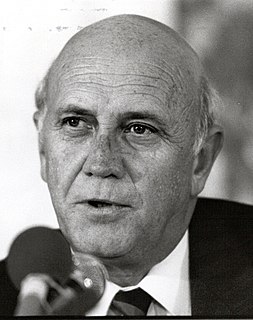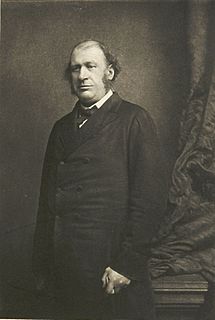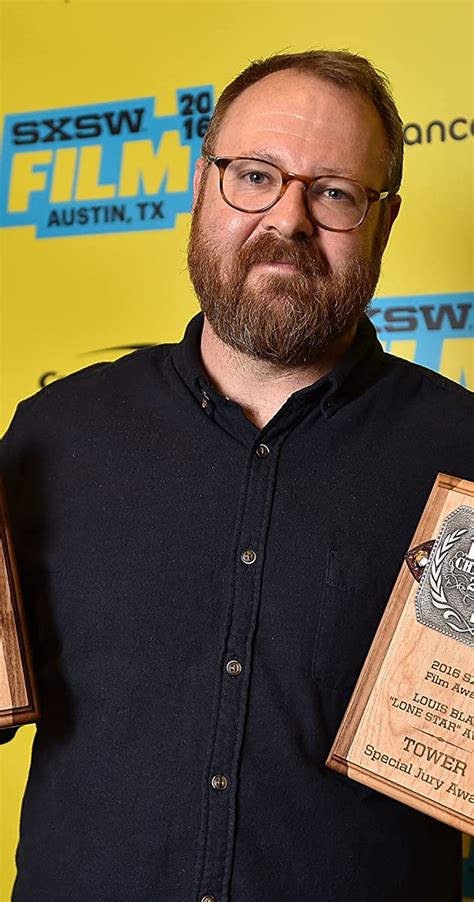A Quote by F. W. de Klerk
The question that we must ask is whether we are making progress toward the goal of universal peace. Or are we caught up on a treadmill of history, turning forever on the axle of mindless aggression and self-destruction?
Related Quotes
The question "Is this an act of self-love or is it an act of self-sabotage?" is
one you must consistently ask yourself if you are committed to having all
that you want and all that you deserve. When you love yourself you feel
worthy and deserving of claiming the gifts of this world. Self-love gives you
peace of mind and balance. Self-love gives you self-respect and the ability
to respect others. It gives you the confidence to stand up and ask for what
you want. Self-love is the main ingredient in a successful, fulfilled life.
Everyone has a self-destructive nature in them. It's whether you feed it or not. You don't have to be a pop star to feel connected to destruction or self-destruction. But self-destruction is self-obsession, and self-obsession is not really possible if you're engaged in raising children. And if you have a spiritual life, you're constantly being asked to see yourself as one small fragment in the bigger picture.
The fateful question for the human species seems to me to be whether and to what extent their cultural development will succeed in mastering the disturbance of their communal life by the human instinct of aggression and self-destruction ... One thing only do I know for certain and that is that man's judgements of value follow directly from his wihes for happiness-that, accordingly, they are an attempt to support his illusions with arguments.
Many problems that confront us today are created by man, whether they are violent conflicts, destruction of the environment, poverty or hunger. These problems can be resolved thanks to human efforts by understanding that we are brother and sister and by developing this sense of closeness. We must cultivate a universal responsibility toward each other and extend it to the planet that we have to share.
Each one of us has some goal we want to reach, and we must work toward that goal one step at a time. You can’t reach toward that goal and expect it on the first try. All your small steps will bring you just a little closer. You must continue to work toward this goal. You may take a few steps back or be at a standstill, but you will be learning from each step. Through hard work, self-confidence and motivation, you will find ways to move ahead. You alone can help yourself to move ahead in life and gain personal satisfaction. You only get out of life what you put into it.
Turning fully toward the glass, I consider what I see. This reflected version of myself, wet, shaking, rumpled, pinched, and slightly stoop, would be alarming were it not for the self-satisfied expression pasted across my face. I would ask the obvious question, 'what are you smiling about?' But I already know the answer: 'It just gets better from here.'
To me this question whether liberty is a good or a bad thing appears as irrational as the question whether fire is a good or a bad thing. It is both good and bad according to time, place, and circumstance, and a complete answer to the question, In what cases is liberty good and in what cases is it bad? would involve not merely a universal history of mankind, but a complete solution of the problems which such a history would offer.
The question I'm always asking myself is: are we masters or victims? Do we make history, or does history make us? Do we shape the world, or are we just shaped by it? The question of do we have agency in our lives or whether we are just passive victims of events is, I think, a great question, and one that I have always tried to ask.
And one day we must ask the question, "Why are there forty million poor people in America?" And when you begin to ask that question, you are raising questions about the economic system, about a broader distribution of wealth. When you ask that question, you begin to question the capitalistic economy.












































